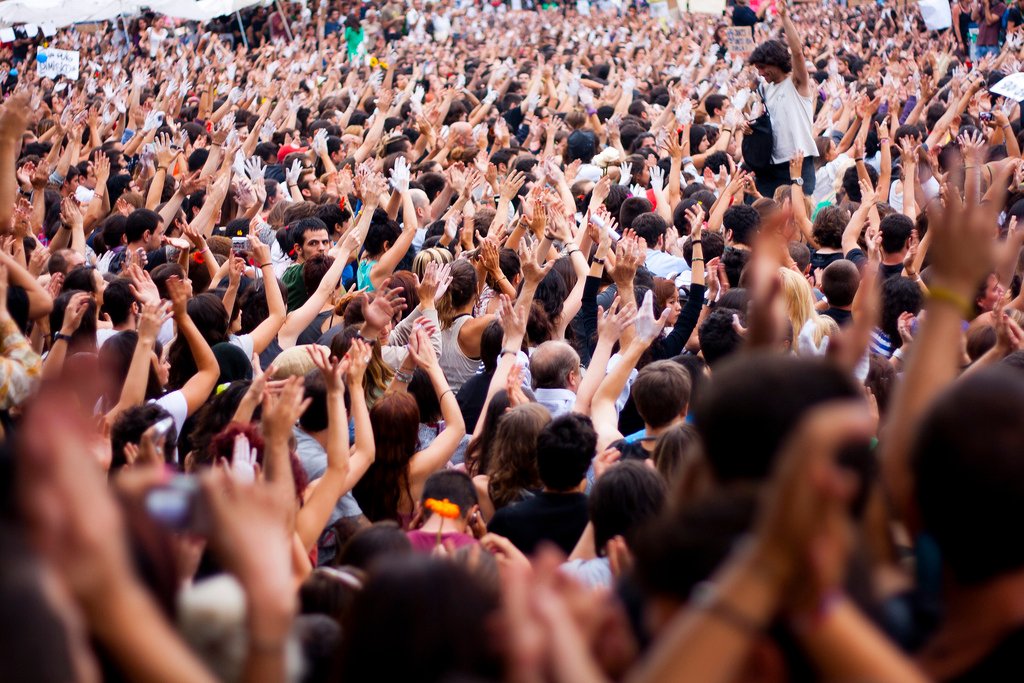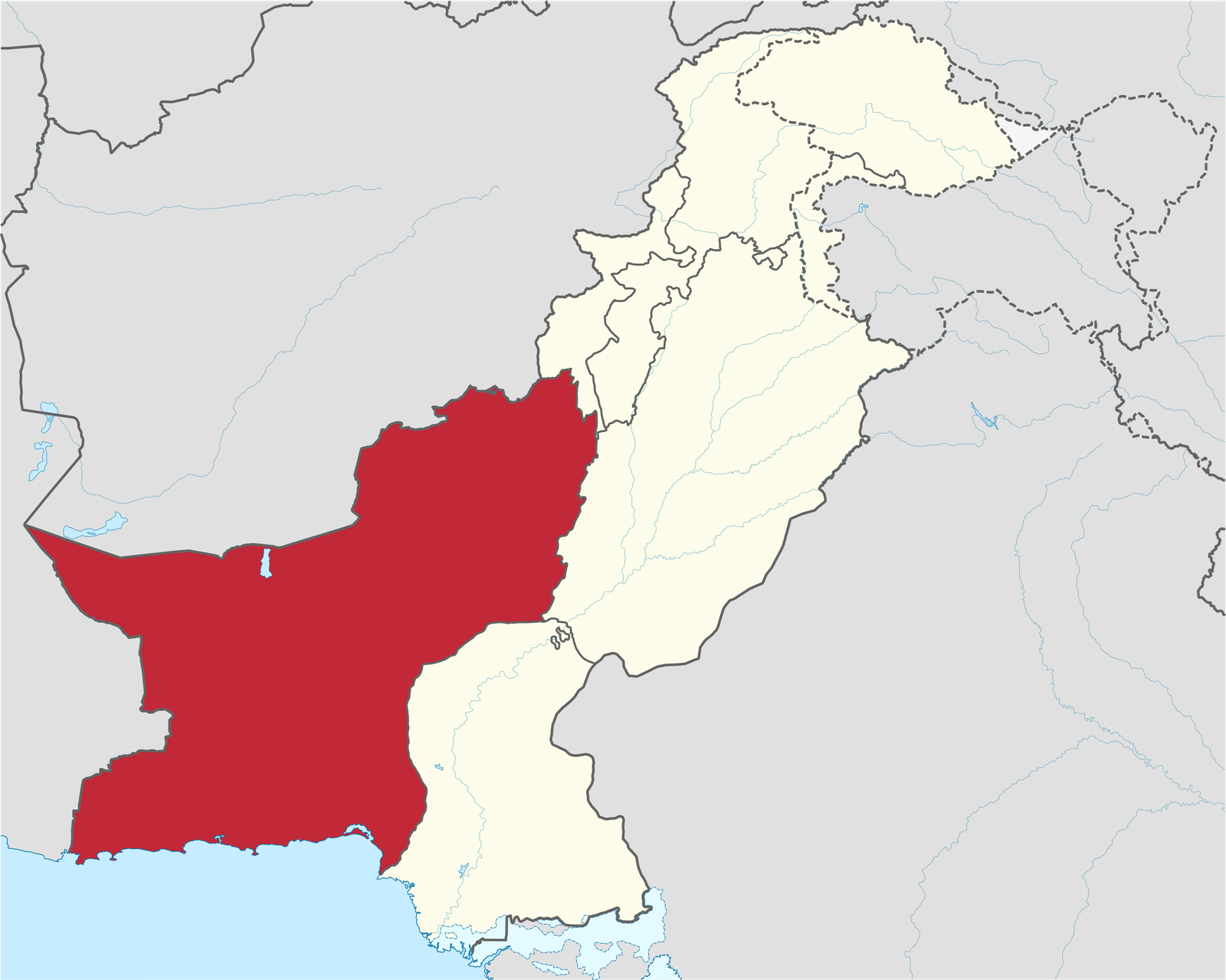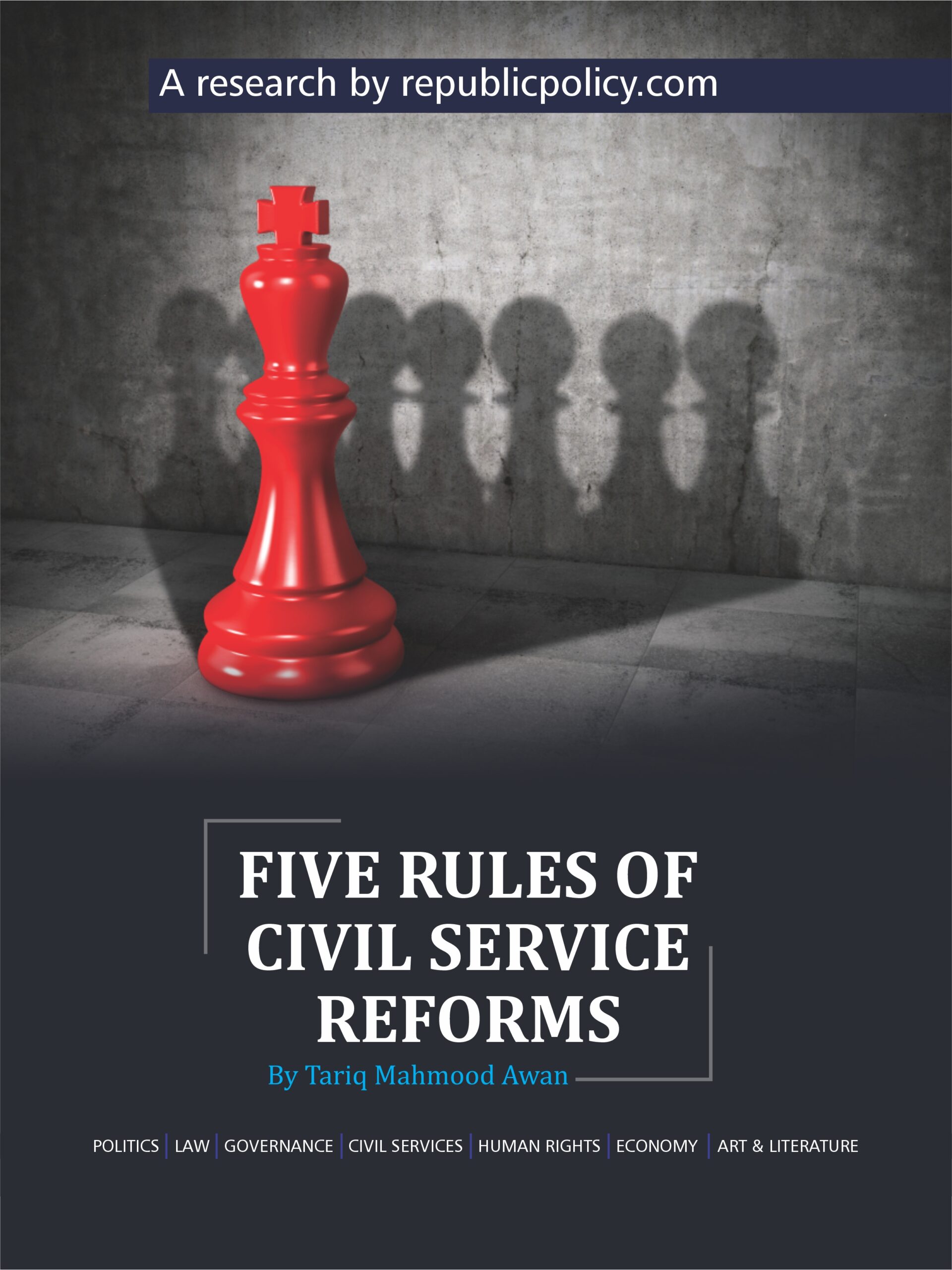Editorial
Whenever democratic movements in Pakistan are discussed, a recurring pattern becomes evident: these movements are almost always led by political party workers rather than by ordinary citizens. Pakistan’s political history attests to this—from the Movement for the Restoration of Democracy (MRD) and the protests against General Musharraf’s regime, to recent struggles for electoral transparency. In all these instances, public participation remained largely symbolic, while the decisive force behind the mobilization came from organized political cadres.
This raises a fundamental question: why do ordinary citizens consistently refrain from participating in democratic or political movements in a collective capacity? The answer does not lie solely in temporary political circumstances or leadership failures. Rather, it points to deeper cultural, historical, and psychological roots embedded within Pakistani society.
For decades—arguably centuries—Pakistani society has been marked by social inequality, feudal legacies, and institutional domination. These structural conditions have fostered a general public attitude of resignation and silence. Public resistance only tends to surface in response to sensitive religious issues, where people take to the streets spontaneously and in large numbers. However, when it comes to political rights, social justice, or constitutional supremacy, a peculiar passivity sets in.
The origins of this passivity can be traced to a combination of social conditioning, lack of civic education, and the influence of state-controlled narratives. A citizen who has been taught from childhood that “politics is dirty,” “stay away from the government,” and “accept things as they are,” is unlikely to develop the confidence or will to raise their voice for democratic values. The state, through its narratives, has not only alienated the public from politics but has also suppressed their sense of civic resistance.
As a result, when democratic movements do arise, they are not genuinely popular in nature but are instead extensions of political parties, limited to their internal machinery. This explains why such movements tend to lose momentum as soon as political workers face state repression or are pulled back due to strategic compromises—because they lack the foundational support of a broad-based public movement.
The time has come to recognize and confront this silent crisis. If democratic movements in Pakistan are to succeed, they must move beyond rallies, sit-ins, and slogans. There is a dire need to awaken political consciousness among the masses. This requires a transformation at the grassroots level—through social reorientation, educational reform, and a fundamental shift in the national narrative.
Democracy is not merely about casting a vote. It is about guarding that vote, demanding rights, and protesting injustice. Until the people of Pakistan respond to political oppression, electoral fraud, and constitutional violations with the same urgency and emotion that they exhibit during religious controversies, the dream of a truly democratic society will remain unfulfilled.
Thus, the real question is not why democracy is weak in Pakistan—but whether the people genuinely want it to be strong. If they do, they must stop relying solely on political parties and step into the arena themselves. Otherwise, democracy will remain confined to books and speeches, never manifesting in the real life of the nation.














